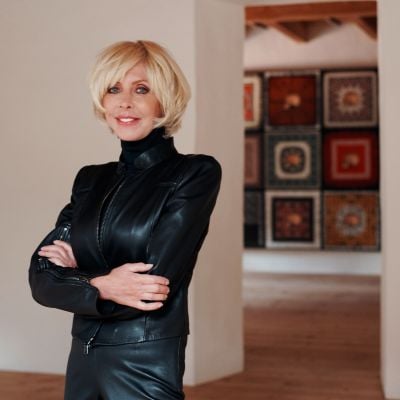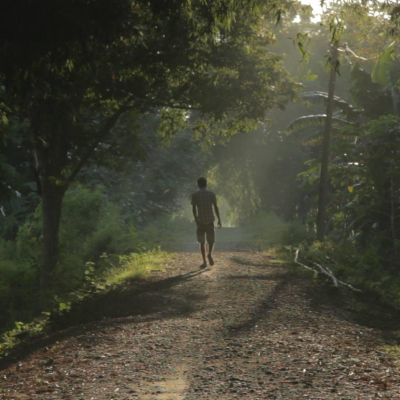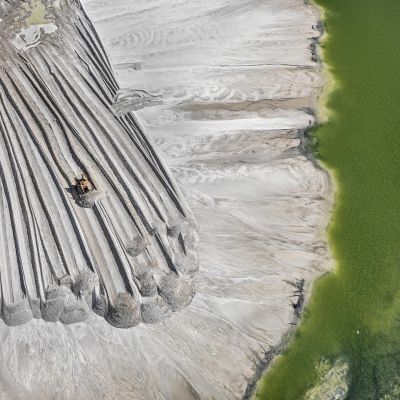Passing Down Values With An Ethical Will
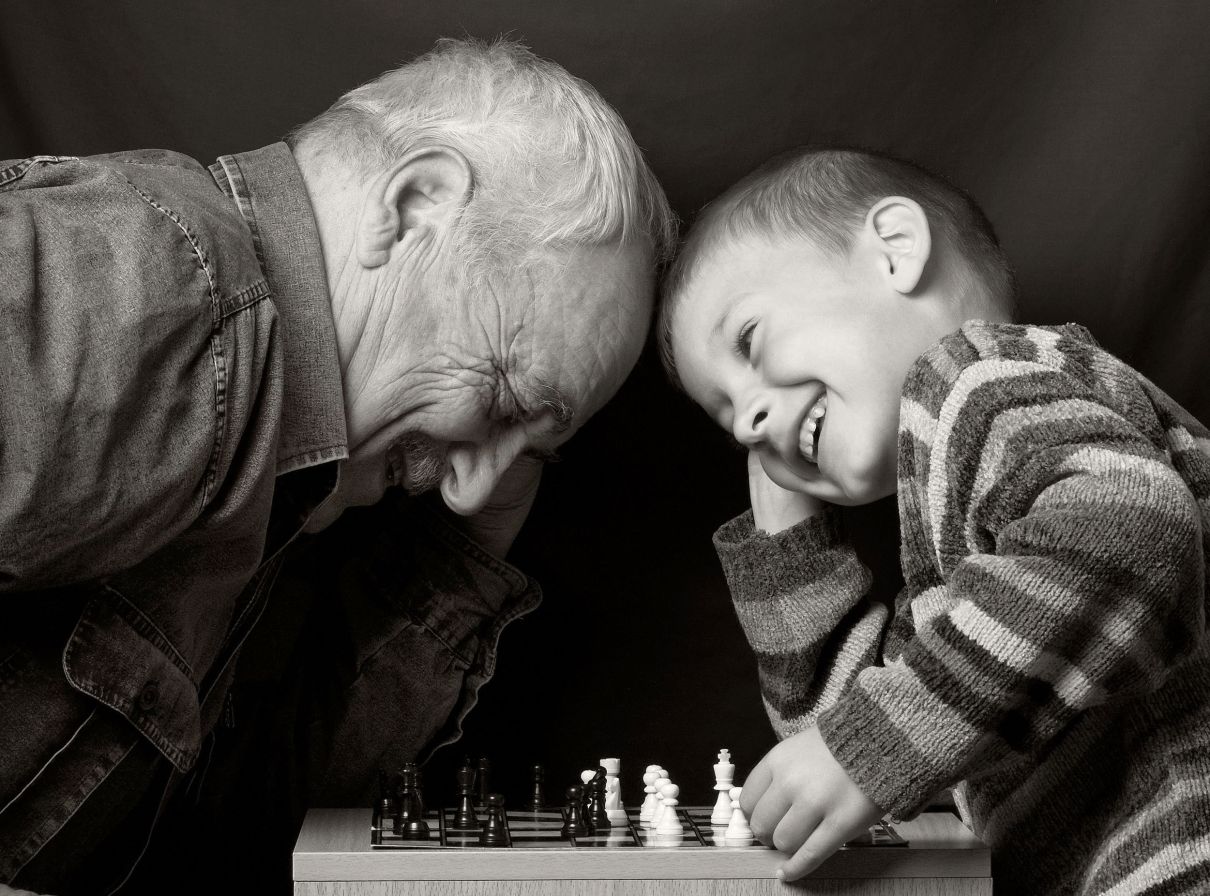
The ancient concept of ethical wills is being updated for the tech generation.

The most painfully finite commodities in human experience must surely be the stories and values of your loved ones once they’re gone.
That may be why a new type of production firm is gaining traction; those in the business of producing ethical wills. Unlike a financial or a living will, an ethical will, in the form of a book or film, can be handed down through generations of a family indefinitely, passing on wisdom, expressions of love, memories, values, and simply reflections of life experiences from older family members to descendants.
The ethical will has been around since Biblical times. In Genesis 49 just before Jacob dies, he gathers his sons outside his tent to reflect upon his memories and give them advice. More modern examples include Martin Luther King’s ‘I Have a Dream’ speech, Steve Jobs’ commencement address at Stanford University in 2005 and even Baz Luhrmann’s memorable single, ‘Everybody’s Free (To Wear Sunscreen)’.
Nowadays by far the best medium for transmitting your pearls of wisdom to future generations, says Iris Wagner, founder of Memoirs Productions, is on a high-definition digital video camera that can be stored within an archival DVD.
“I believe everyone should tell their own story from their own lips and the best way to do that is on camera so you can see the emotions in their face,” says New York-based former financier Wagner.
“People get books ghost written, but nothing can compare to seeing someone’s face when they’re talking about the birth of their first child. You can’t capture that kind of emotion any other way.”
Wagner set up Memoirs Productions in 2000 after initially exploring corporate film making. “I approached a billionaire who had just sold his company. He had a fascinating story but at the time was just 51 years old and at the peak of his career — it wasn’t the right time for him. But he suggested that I make a film of his ageing parents.”
Once she receives a commission, Wagner and her team will spend anywhere between one day to 18 months interviewing her candidates on and off camera, collating photographs and filming supplemental footage.
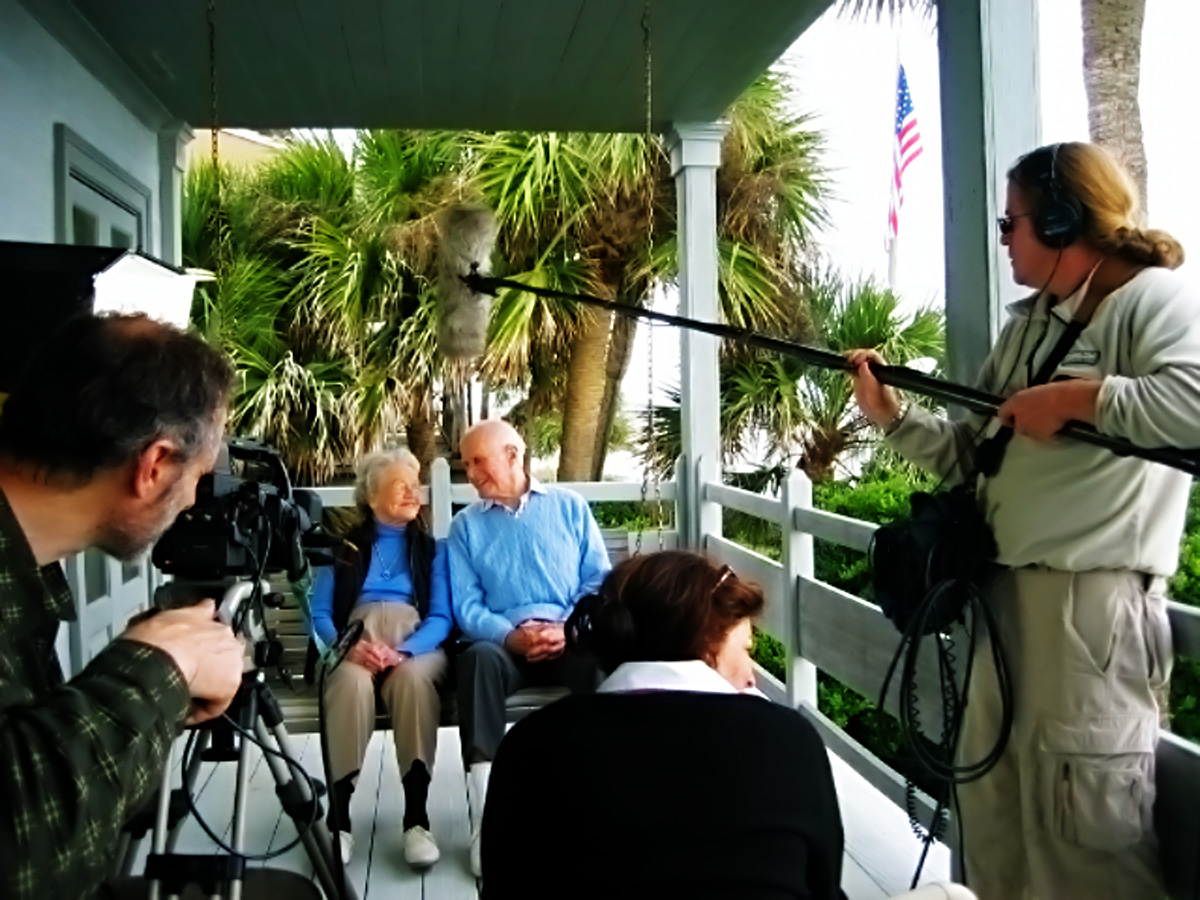
She takes the material to her broadcast-quality suite, where she spends a few days editing the feature film. Her team can vary in number from five to 14, depending on the complexity of the project, including lighting assistants to video producers. A recent project involved an enormous, billionaire real-estate family from Canada, comprising 290 relations ranging from age six months to 91 years. She interviewed the 37 oldest cousins (all over 72), which she edited into individual films and made available for the whole family on a private platform.
“I sculpt it into the right story to tell for that person. I find the anecdotes that really exemplify their lives,” explains Wagner.
A simple ethical will outlining a person’s values and beliefs usually lasts around 45 minutes, while a full film, including memories, stories and soundbites, is usually about 80 minutes. When the film is ready, Wagner often invites the family to a private cinema for a red-carpet screening. “We provide Champagne and popcorn and get bunches of roses for the stars. It’s a wonderful way of uniting the generations.”
This sort of service does not come cheap. An 80-minute film with all the works costs six figures, although films have been known to surpass a US$1 million price tag.
At the beginning, Wagner’s clients were mainly North American FTSE 100 families; more and more she is seeing large real-estate billionaire families looking for her service. Those are the types that traditionally want to make their mark, leave a legacy in some way.
The experience can stir up powerful emotions, Wagner agrees. “Once, I was interviewing on camera a man in his 70s whose son had committed suicide years before. He had never talked about it to anyone, but when I asked him the question, ‘what does it mean to be a father?’, he said ‘let me tell you about my son David’, and began sharing this heart-breaking story. There is something about the camera rolling that makes people want to share their deep, dark secrets. When we showed that clip to the entire family, there was not a dry eye to be seen.”

Of course, you don’t need to spend six figures on an ethical will, and others are taking a more DIY approach. In 2011, Jo Kline wrote a workshop guide for those considering an ethical will. She was inspired to do so after her experiences as volunteer chair of Iowa's largest hospice, which meant speaking a lot about legal issues of death and dying, and the meaning of legacy.
Meanwhile, San Francisco-based April Bell has a legacy production business called Tree of Life Legacies, but she recently designed an app — Storycatcher — for clients to upload their own videos. Storycatcher comes with a range of pre-made themes and some easy, light-hearted interview questions as prompts for clients.
“Research has found that the passing on of a family narrative leads to greater happiness and resilience in children, and in large families it can be the glue that holds it together,” Bell says.
“Ultimately, it is our personal stories that connect and bind us, today and for generations to come.”

